All Departments
- Aortic valve stenosis (Aortic stenosis)
- arteriovenous malformations
- Avascular Necrosis
- Best cosmetic dentistry in Iran| Dental Treatment in Iran
- Breast Augmentation in Iran|Breast implant in iran
- Breast Reduction surgery
- Cancer in Iran: oncology in Iran
- Cardiology
- Cataract surgery in Iran
- Cochlear Implant Surgery in Iran
- Cosmetic Laser
- Cosmetic Surgery
- Ear cosmetic surgery
- Eye Care
- Eyelid surgery (Blepharoplasty)
- General Heart Surgery in Iran
- General surgery in Iran
- Glaucoma Treatment In Iran
- Hair Transplant
- Heart valve surgery
- lasik Eye Surgery
- Liposuction
- Non-Surgical Cosmetic procedures in iran
- Organ Transplantation in Iran
- Orthopedic
- Paget disease of bone
- Pediatrics
- Plastic surgery
- Psychiatry
- Radiology
- Rhinoplasty surgery in iran
- Shoulder Replacement Surgery
- SkinCare Treatment
- Spinal cord injury
- urolithiasis procedure in iran
- Urology
- Varicocelectomy
Emergency Cases
+982144769108Opening Hours
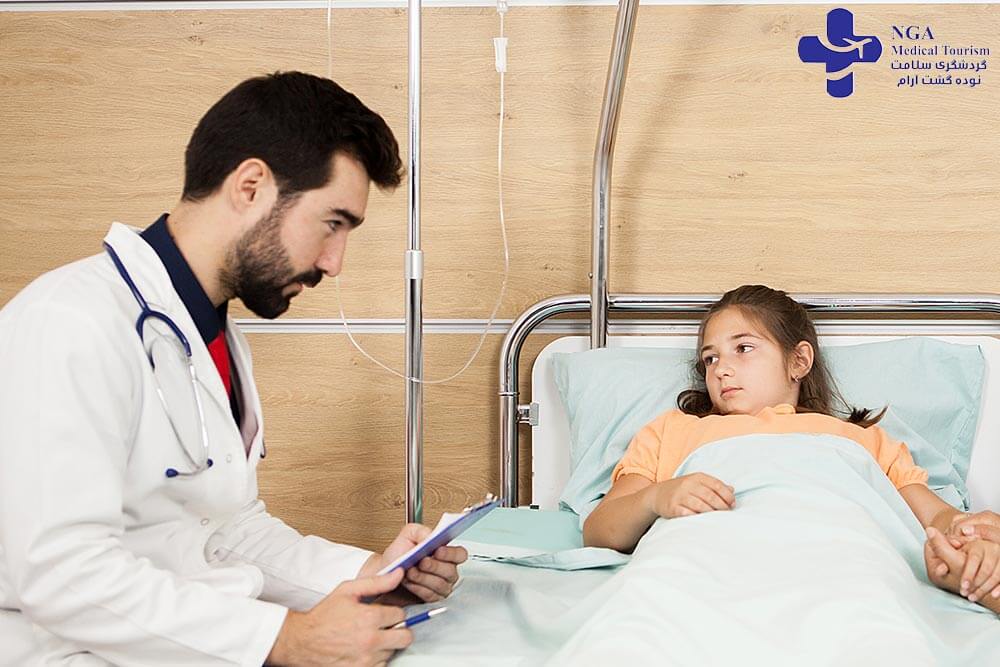
Pediatrics


Iran is a notable destination for organ transplantation due to its unique and government-regulated organ donation system. Additionally, Iran boasts a well-established infrastructure for transplantation procedures, experienced medical professionals, and relatively lower costs compared to Western nations. However, it’s crucial to note that the decision to choose Iran for organ transplantation should be made carefully, considering various factors such as the specific medical needs of the patient and potential legal and ethical concerns associated with compensated organ donations. Furthermore, Iran’s commitment to the ethical aspects of organ transplantation is exemplified by its strict regulations that prioritize fair and transparent allocation of organs to recipients, regardless of their financial status or social standing.
Pediatric treatment encompasses a specialized branch of healthcare dedicated to children, from infants to adolescents. It includes a wide range of medical services, such as preventive care, diagnosis, treatment, and management of various health conditions, as well as surgeries and critical care when needed. Pediatric healthcare providers, including pediatricians and pediatric specialists, focus on addressing the unique medical, emotional, and developmental needs of young patients. They work collaboratively with families to ensure the best possible outcomes for children’s health and well-being, recognizing the importance of a nurturing and supportive environment in pediatric care.
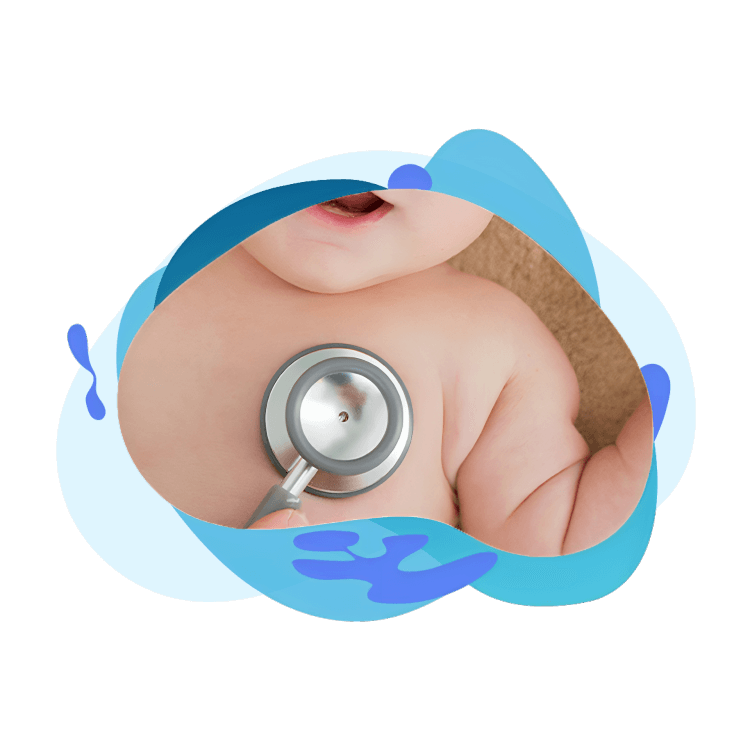
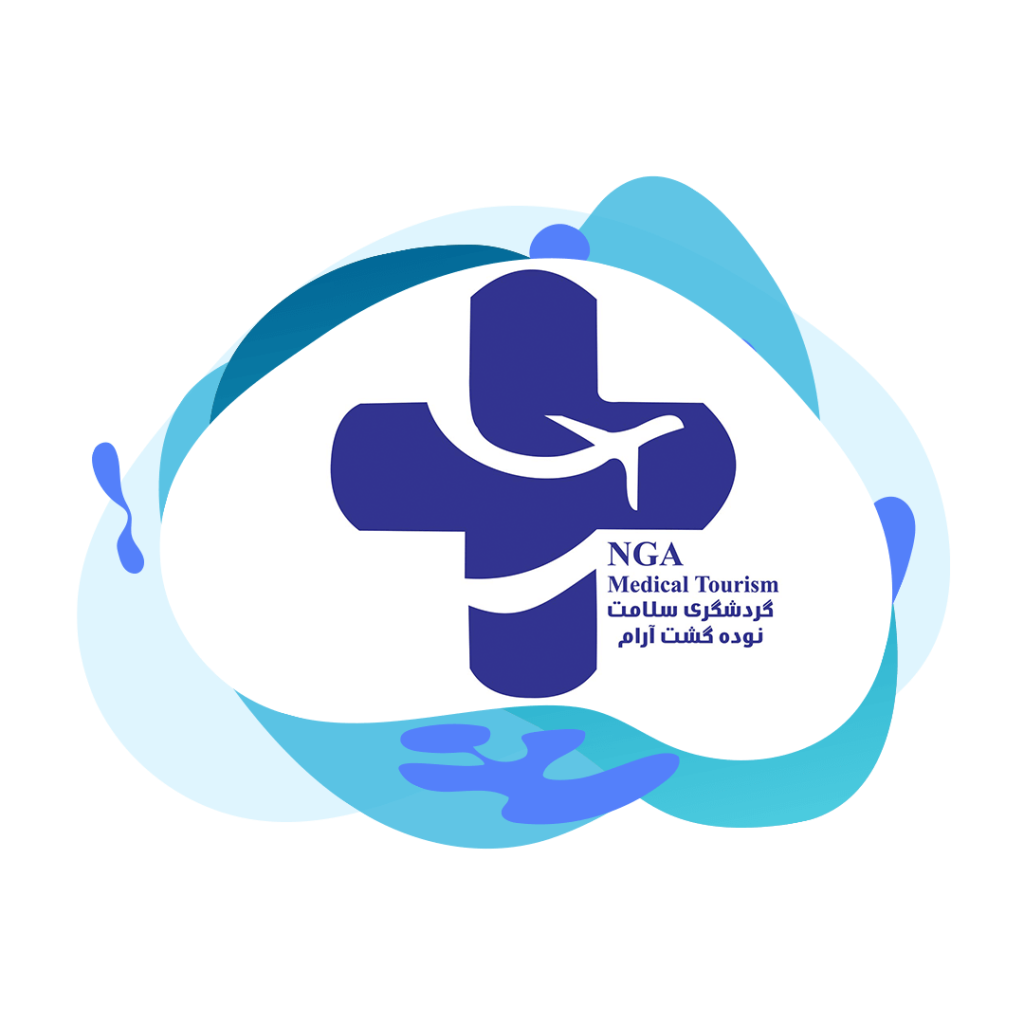
Ipdtourism is renowned for providing exceptional services to international pediatric patients. They specialize in delivering top-notch healthcare solutions tailored to the specific needs of children from around the world. With a team of experienced professionals, they ensure that young patients receive the best possible medical care, along with comprehensive support throughout their journey. Choosing Ipdtourism means entrusting your child’s health to a dedicated and skilled team committed to their well-being.
pediatrics:
Pediatrics is a branch of medicine that focuses on the medical care of infants, children, and adolescents. The goal of pediatric treatment is to promote the health and well-being of children, prevent and treat illnesses, and ensure that children reach their full potential.
It is crucial for parents to ensure their children receive high-quality medical care. Staying informed about the latest treatment guidelines is essential to guarantee the best possible care for your child.
10 Common Childhood Illnesses and Their Treatments
Sore throats in children are common but usually caused by viruses, not needing antibiotics. Strep throat, diagnosed through a throat swab, requires antibiotics. Completing the full antibiotic course is crucial. Steroids like prednisone are generally not used for sore throats. Babies and toddlers, though rarely, can get strep, especially if in childcare or with a sick sibling, often spread through coughs, sneezes, or contaminated objects.
Children’s ear pain can result from various causes, including infections and dental issues. Accurate diagnosis by a pediatrician is vital. Antibiotics may be prescribed for severe cases with high fever or both ears affected. Amoxicillin is often used for middle ear infections unless there’s an allergy. Many ear infections are viral and don’t need antibiotics; your pediatrician will advise on pain relief while the virus runs its course.
UTIs, or bladder infections, can affect children of all ages, leading to symptoms like pain during urination, frequent urination, bedwetting, and abdominal or back pain. Diagnosis involves a urine sample for testing, and treatment is tailored based on the bacteria identified in the urine.
Chronic bronchitis is an infection that primarily affects the larger and more central airways in the lungs. It is more commonly observed in adults. It’s important to note that the term “bronchitis” is often used to describe a viral infection in the chest, which typically does not necessitate the use of antibiotics.
When children experience skin infections, it may be necessary to conduct a skin test, such as a culture or swab, to determine the most effective treatment approach. It is crucial to inform your child’s doctor about any history of MRSA (methicillin-resistant Staphylococcus aureus), staph infection, or other antibiotic-resistant bacteria, as well as any potential exposure to family members or individuals with such bacteria.
Bronchiolitis, common in infants and young kids during cold seasons, results in wheezing. Caused by viruses, antibiotics are ineffective. Treatment focuses on comfort and monitoring breathing, eating, and hydration. Asthma medications like albuterol or steroids are not typically advised for infants and young children with bronchiolitis, with variations for premature birth or underlying health issues.
For children’s pain relief, acetaminophen and ibuprofen are recommended after consulting a pediatrician for the correct dosage. Avoid narcotic pain medications for common issues like sprains, ear pain, or sore throats, as they can be dangerous. Codeine, especially, should never be used in children due to severe respiratory risks. Always follow your pediatrician’s advice for safe and effective pain management in kids.
Colds in children, caused by upper respiratory viruses, are common, especially in childcare settings, with 6 to 8 per year. Symptoms like runny nose, congestion, and cough can last up to ten days. Green mucus doesn’t necessarily mean antibiotics are needed, as colds are viral. Antibiotics are only considered for sinus infections after a doctor’s assessment. Always follow your doctor’s advice regarding antibiotic use for your child’s condition.
Bacterial sinusitis results from sinus infection due to trapped bacteria, suspected if cold-like symptoms persist for over ten days. Antibiotics may be needed when accompanied by thick yellow nasal discharge and a fever lasting 3 or 4 consecutive days, but consulting a healthcare professional for accurate diagnosis and guidance is crucial for effective management.
Coughs in children, often due to viral infections, generally don’t need antibiotics. Cough medicine isn’t advised for kids under 4 years old, and for ages 4 to 6, it should be used under a doctor’s guidance. Studies show cough medicines are ineffective and potentially harmful for young children. Avoid cough medicines with narcotics like codeine. Consult your healthcare provider for proper guidance on managing cough in children.

A pediatric dentist, also known as a pedodontist, is a specialized dental healthcare professional who focuses on the oral health and dental care of infants, children, and adolescents. These dentists undergo additional training beyond dental school to address the unique needs of young patients. They create a child-friendly and comfortable environment to help children feel at ease during dental visits. Pediatric dentists offer a wide range of services, including routine check-ups, preventive care, dental cleanings, fluoride treatments, and treatments for common pediatric dental issues like cavities and orthodontic concerns.
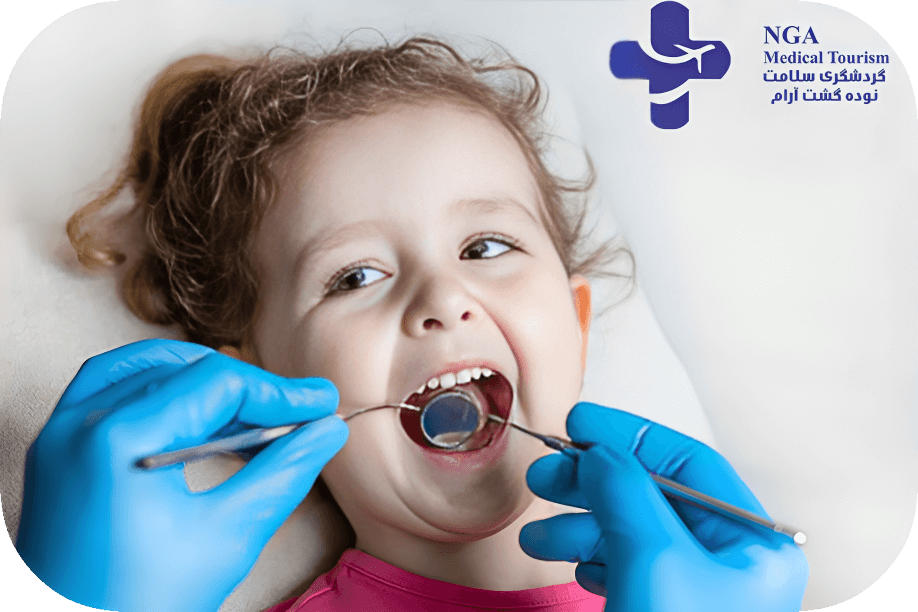
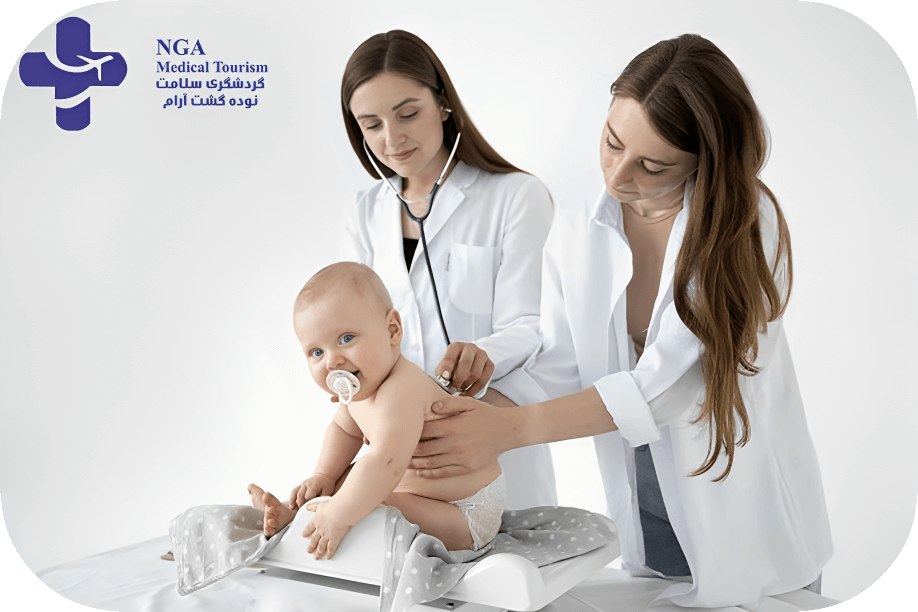
pediatrics urgent care
Pediatric urgent care centers are specialized medical facilities dedicated to providing immediate medical attention to children and adolescents for non-life-threatening but urgent medical needs. These centers offer extended hours and are equipped with pediatric-trained healthcare professionals, including pediatricians and nurses, who have expertise in treating a wide range of pediatric medical conditions, from minor injuries and illnesses to more complex issues. Pediatric urgent care centers bridge the gap between primary care and emergency rooms, offering convenient access to specialized care for children, often with shorter wait times than traditional emergency departments, making them a valuable resource for parents seeking prompt and child-focused medical assistance.
pediatrics neurology
Pediatric neurology is a specialized medical field that focuses on diagnosing and treating neurological disorders and conditions in infants, children, and adolescents. Pediatric neurologists are highly trained medical professionals who have expertise in understanding the developing nervous systems of young patients. They assess and manage a wide range of neurological issues, including epilepsy, developmental delays, movement disorders, headaches, neuromuscular disorders, and more. Pediatric neurologists work closely with their young patients and their families, offering compassionate care, diagnostic evaluations, and tailored treatment plans to address neurological challenges while ensuring the overall well-being and development of children with neurological conditions.


pediatrics cardiology
Pediatric cardiology is a specialized medical field dedicated to the diagnosis and treatment of heart and circulatory system disorders in infants, children, and adolescents. Pediatric cardiologists are highly trained healthcare professionals who possess expertise in evaluating and managing a wide spectrum of cardiac conditions, including congenital heart defects, arrhythmias, acquired heart diseases, and other cardiovascular issues unique to the pediatric population. They utilize advanced diagnostic tools and techniques, such as echocardiography and cardiac catheterization, to assess and monitor heart health in young patients. Pediatric cardiologists work collaboratively with their young patients, their families, and other medical specialists to provide comprehensive care, ensuring the best possible outcomes for children with heart-related conditions.

pediatrics doctor in Iran
Pediatric doctors in Iran are known for their dedication to providing high-quality healthcare for children. They benefit from a robust medical education system and access to modern medical facilities, ensuring that they are well-equipped to diagnose and treat a wide range of pediatric health issues. Iran’s rich cultural heritage and warm hospitality create a supportive environment for young patients and their families during medical visits. Additionally, the cost of healthcare in Iran is often more affordable than in many Western countries, making it an attractive option for families seeking top-notch pediatric care without the burden of high medical expenses. Overall, Iran offers a blend of medical expertise, cultural richness, and affordability that can positively impact the healthcare experience for children and their families.
pediatrics physical therapy in Iran
Pediatric physical therapy in Iran is a specialized branch of healthcare that focuses on improving the physical development, mobility, and functional abilities of children and adolescents. Skilled pediatric physical therapists in Iran work closely with young patients to address a wide range of conditions, including developmental delays, musculoskeletal disorders, neurological issues, and injuries. They employ evidence-based therapeutic techniques, exercises, and interventions tailored to the unique needs and developmental stages of each child, with the goal of enhancing their physical abilities and overall quality of life. Iran’s healthcare system provides access to these specialized services, contributing to the well-being and improved functionality of pediatric patients, and it reflects the country’s commitment to comprehensive healthcare for children.

Read More: IVF in Iran
Read More: What Is Ivf Procedure
Read More: Where Is The Cheapest Country For IVF In 2023?
Read More: Ivf Injections
- Create a kid-friendly space.
- Communicate on the child’s level.
- Recognize their bravery.
- Explain procedures before touching.
- Involve the child and their parent or advocate.
- Stay educated on pediatric healthcare.
Here is a list of commonly prescribed pediatric medications:
- Amoxicillin
- Amoxicillin/Clavulanic Acid
- Albuterol
- Cephalexin
- Azithromycin
- Fluticasone
- Ibuprofen
- Cefdinir
Pediatrics is a medical specialty that focuses on the care and treatment of infants, children, adolescents, and young adults. It involves the prevention, diagnosis, and management of various medical conditions and diseases specific to this age group. Pediatricians are specially trained to provide comprehensive healthcare services, including routine check-ups, vaccinations, and treatment for acute and chronic illnesses. They play a vital role in promoting the health and well-being of children from birth through adolescence and into young adulthood.
In general, the pediatric population refers to patients ranging from birth to 16 years of age, including different age groups commonly referred to as neonates (newborns), infants, children, and adolescents. Pediatric healthcare professionals provide medical care, support, and treatment tailored to the specific needs and developmental stages of children within this age range. The field of pediatrics encompasses a wide range of specialties and disciplines to ensure the comprehensive care and well-being of pediatric patients throughout their growth and development.
About childhood illnesses
Asthma.
Bronchiolitis.
Chickenpox.
Cold.
Cough.
Croup.
Diarrhoea and vomiting.
Fever in children.
When working with pediatric patients, it’s essential to:
Respect: Treat them with respect, using age-appropriate communication.
Gratitude: Express appreciation for their cooperation and involvement.
Access to care: Ensure they have access to necessary healthcare services.
Involve family and friends: Engage parents and caregivers in decision-making.
Coordinate care: Collaborate with other healthcare providers for comprehensive care.
Emotional support: Provide reassurance and comfort to alleviate fear and anxiety.
Engage patients: Involve them in their care plan and decision-making.
Address physical needs: Attend to their medical and physical requirements.
These guidelines promote a patient-centered approach, fostering a positive healthcare experience for pediatric patients.



